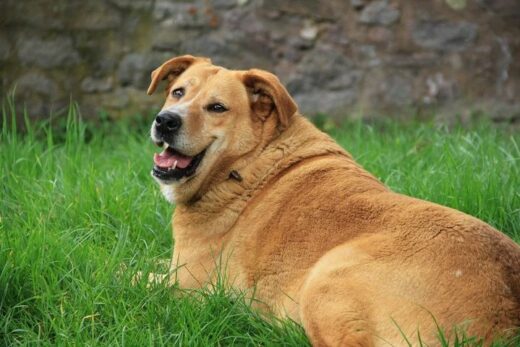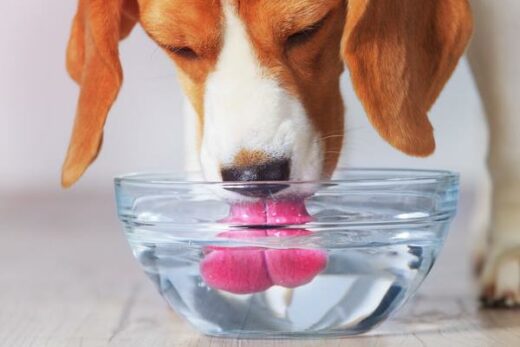Just like humans, dogs can get cavities as well, but it’s pretty rare. Once they get it, it’s as painful and severe as human cavities.
The best way to prevent cavities is to take the dog to the vet for teeth cleaning once or twice a year. If there are any cavities, the vet will fill them up and get rid of any tartar buildup that can cause any oral damage.
It’s also vital to brush your dog’s teeth at home with a toothbrush and toothpaste for dogs. However, if your companion does have a cavity, you can give him some CBD oil to alleviate the pain while you dial your veterinarian’s phone number to get help.
With that in mind, here are some insights on dog cavities and how CBD can help.
The cavities often occur in the maxillary first molar, which is the second to last teeth at the back of your companion’s mouth. They are similar to human molars with niches and grooves, which increases the vulnerability of bacterial infections.
Teeth that are close together are also vulnerable to cavity formation because the niches and grooves collect bacteria.
Here are different types of dog cavities:
- Pit-and-fissure
These are the most common types of cavities that appear in the nooks and crannies.
- Smooth surface
This often occurs in the side of the teeth
- Root caries
This type of cavity occurs near the gumline
- Incipient cavity
This type of cavity is visible on the smooth portion of the teeth and looks like a change in the surface of the tooth. It has a dull and white spot in the enamel.
Cavities rarely happen in dogs because their teeth are sharp and pointed, but human teeth are smooth and flat with some curves, which makes them vulnerable to bacteria accumulation. If your dog does get cavities, it’s usually one of the reasons below:
Poor diet
Low-quality dog food, especially ones with a high amount of carbohydrates along with fatty and sugary human food can cause cavities to develop.
Poor oral hygiene
It’s essential to brush your dog’s teeth, provide proper chew toys, or dental treats to prevent cavities. However, a lack of brushing or dental products can make your dog vulnerable to cavities.





